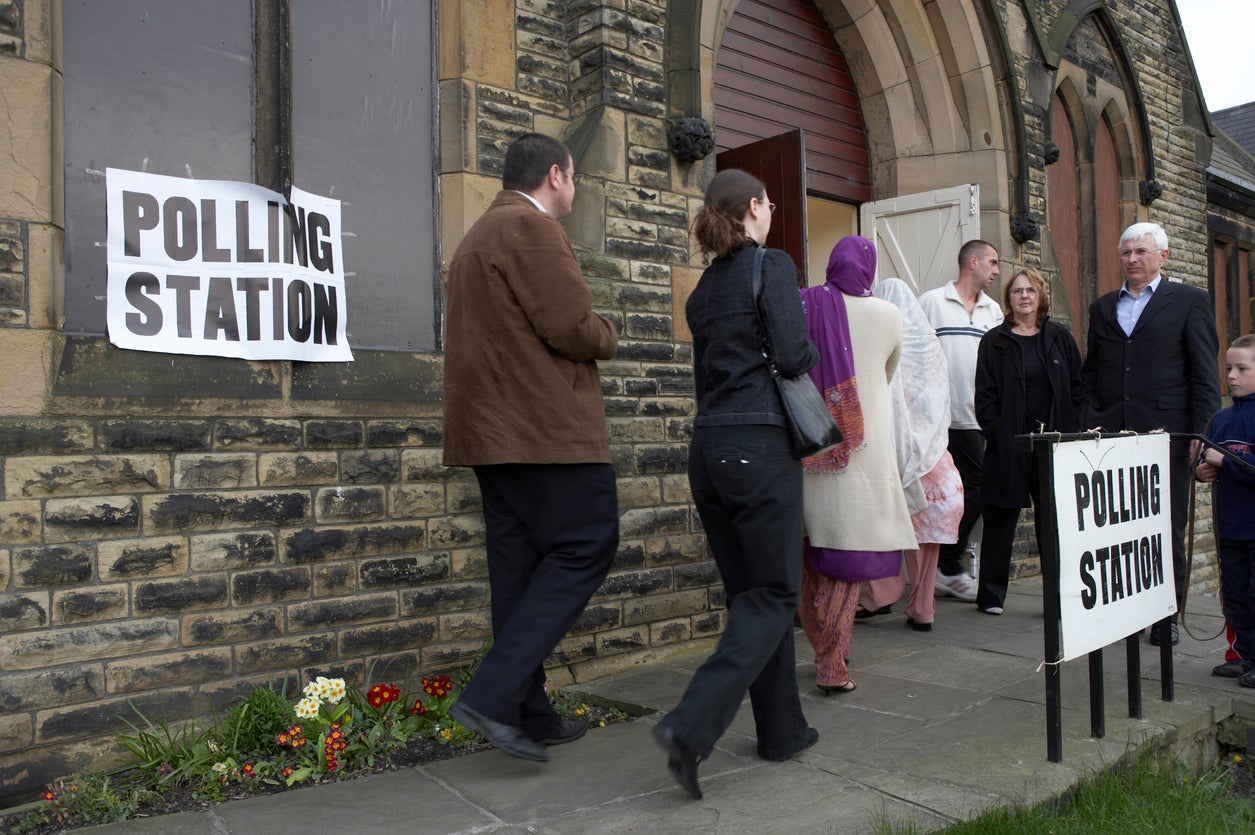Who is standing in my area? How to find list of candidates
How to know who you’re voting for on 6 May ahead of your trip to the polls

People across Britain will head to the polls for 2021 election on 6 May, with a range of different offices on the ballot.
In England and Wales local elections that were postponed during the first coronavirus lockdown will be held – with votes cast for positions including mayoralties in regions like London, greater Manchester and the West Midlands.
Votes will also be cast for district, borough and unitary councils, county councils and police & crime commissioners, while some areas will also vote on referenda on local issues.
Devolved nations will also hold votes to elect those who will stand in their assemblies – with the Welsh Senedd’s 60 seats up for grabs as well as Scotland’s 129 seat parliament in Holyrood.
But how will you know what is on the ballot?
Option 1: Polling cards
Everyone who is registered to vote in the UK is sent a polling card after their registration with details of where they need to go, and what they will be voting on.
Details include the races that you will be able to cast a vote in – such as mayoral elections of assembly members – or any referendum you may be asked to vote on.
They also contain useful information including your nearest polling station and reminders to wear a face covering and expect to have to queue due to the ongoing pandemic.
Option 2: Online tools
There are a number of online tools that can help you to assess both the races and candidates in your area.
The Electoral Commission has its own service that can step in if you’ve lost your polling card - telling you both the nearest polling station and giving you a rundown of candidates you will be asked to cast a vote on.
Meanwhile if you want more information, Democracy Club’s Who Can I Vote For tool can offer an overview of the candidate’s policies and record.
Join our commenting forum
Join thought-provoking conversations, follow other Independent readers and see their replies
Comments
Bookmark popover
Removed from bookmarks